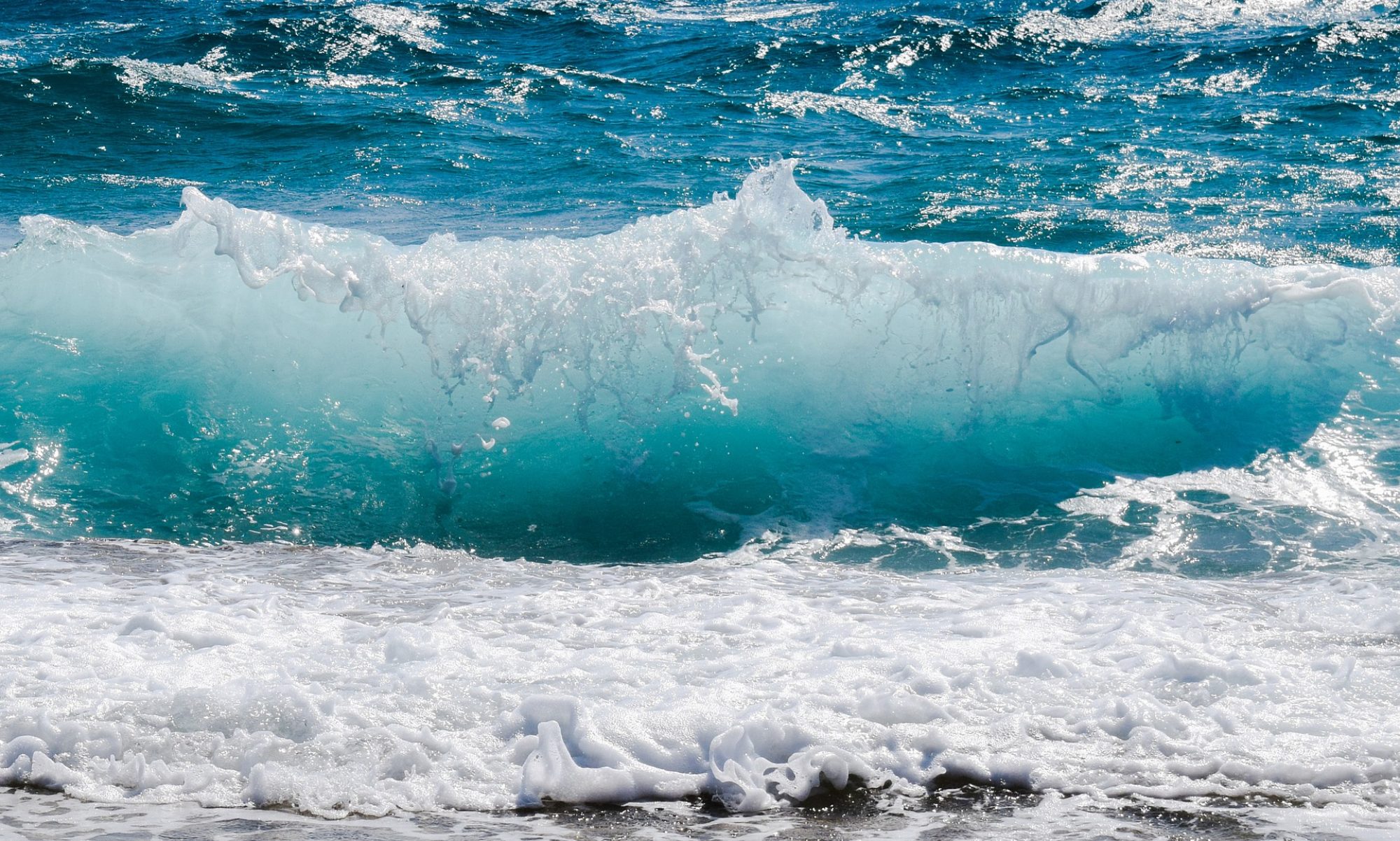Since we have memory, we have been taught both at home and in school about the care of the most precious resource for humans: water. It can be as simple as ‘when we brush our teeth, we should turn off the tap’ or ‘let’s not take too long in the shower.’ From a young age, we have automated these actions into our daily habits.
Nowadays, we see it as a routine, requiring no effort to perform these actions. It goes beyond thinking about the bills for water consumption; it is ingrained in our subconscious to care about water usage. However, a significant portion of the population is not conscious of water conservation. We didn’t have to go far to find this issue; a great example is the Federal Capital, Buenos Aires. The World Health Organization (WHO) estimates that each individual residing in the capital consumes 612 liters of drinking water per day, while the WHO suggests that an individual only needs 100 liters of water to meet their needs. Why does this happen? A report from the Ciudad Foundation explains that this occurs due to a low level of awareness, citizen participation, and adherence to coexistence norms. Not to mention the fact that the government fails in its role of controlling this matter. There are not many proposed solutions, but today there is the BA 147 application. In this app, citizens of Buenos Aires can report, make complaints, and submit requests about the city. This enables citizens, through the application, to report situations of illicit water consumption, allowing the government to take action
Solution:
As we know, not everywhere teaches these values regarding water conservation or adheres to the regulations governing the responsible use of this resource. We have conceived an idea for a solution. Create an app where each family or individual residing in the federal capital can connect, register their residence, and then be responsible for paying their water consumption bills. If they exceed the 100 liters of water that the World Health Organization estimates as necessary to meet individual needs, these individuals will have to pay an additional fee on top of the water bill. Separately, the app will have an awareness section informing users about all the consequences of daily water wastage and providing basic solutions to reduce it.
Conclusion:
We have conducted an analysis of the water issue in the Federal Capital, its consequences, and the measures being taken in this regard. In the process, we focused on the problem of water wastage due to a lack of household care and concluded that one of the most crucial points to address this issue is education. Since this situation could improve with the simple act of changing some habits, it is essential for society to be informed and able to care for water.
